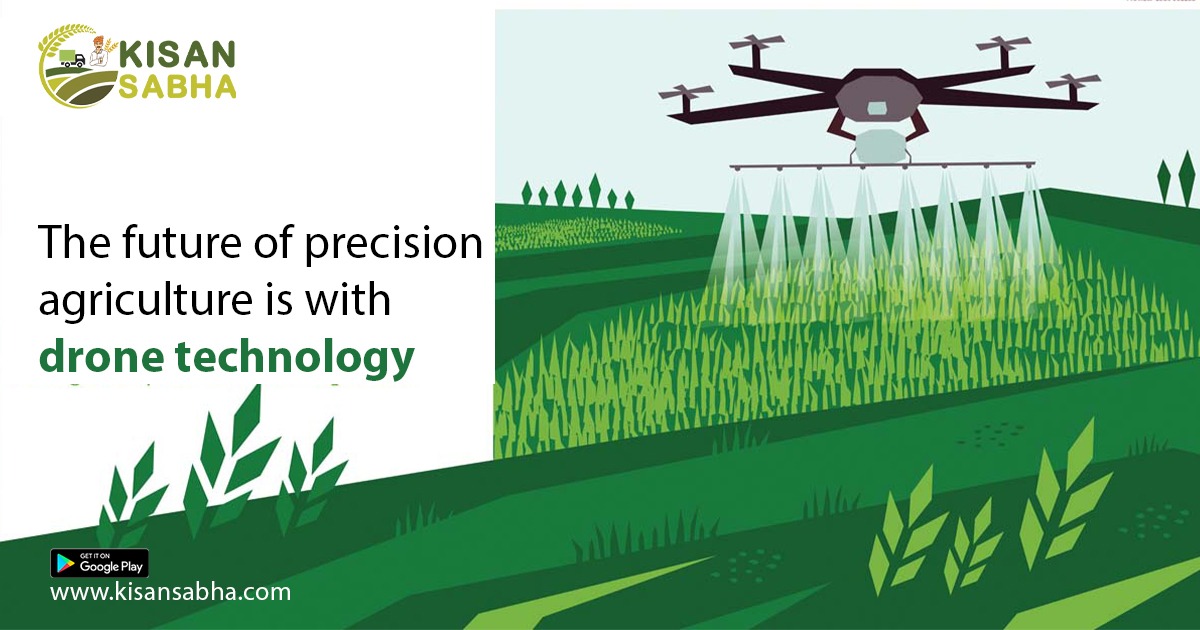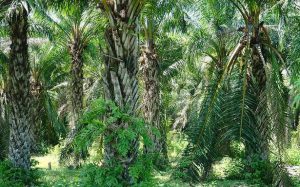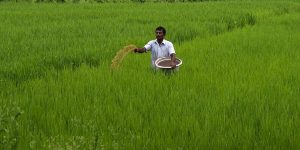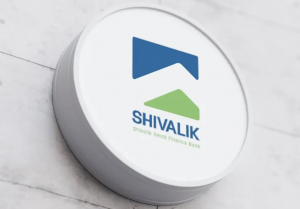Precision agriculture (PA) is a method of managing agriculture that uses IT and computers to ensure that soil and plants get exactly what they want for optimum health and productivity.
PA aims to safeguard the environment, the economy, and sustainable development.
Drones for modern agriculture
Undoubtedly, drones have advanced considerably since their early days as toys. Drones can more accurately connect and integrate into large-scale drone systems because of new sensors and communication technologies.
This makes it possible to communicate and act at a level unsurpassed by conventional methods.
Drones’ Importance in Agriculture
Drones gather raw data and transform it into informative data. As a result, they may be utilized in a variety of drone farming applications, such as monitoring the following factors:
- Crop health: Insect damage and pest infection-related colour changes
- Vegetation indices: Leaf area, yield, phenology, anomaly identification, and efficacy of treatment
- Plant height – Density and height of plants
- Plant scouting: Plant stats, stand information, compromised plots, and planter skips.
- Water needs: Water-stressed areas of the field or orchard that need to be watered
- Analysis of the nutrients in the soil for managing plant nutrients
Major Tasks that Drones can Perform
- Analysis of the soil and field: Farmers may learn more about the soil characteristics of their property thanks to a drone survey. Data collected by multispectral sensors can be utilized for nitrogen management, irrigation, field soil studies, and seed planting patterns.
- Planting: One of the more recent and uncommon uses of drones in agriculture is seed planting. Drone planting can assist you in reaching locations that can be replanted without putting workers in risk.
- Crop spraying: In certain places, the use of drones to provide spray treatments is already widespread. Drone sprayers for agriculture can access places that are hard to access, such as steep tea plantations at great altitudes.
- Crop monitoring: The vastness of the fields and the ineffectiveness of crop monitoring are the largest difficulties lack farming. Drones can give accurate field mapping with elevation data that enables farmers to identify any field anomalies.
- Irrigation: Drones using hyperspectral, multispectral, or thermal sensors may identify fields that require irrigation by identifying dry or deficient portions of the field.
- Check Crops health: It’s crucial to evaluate the condition of your crops and look for bacterial or fungal infestations on your trees.
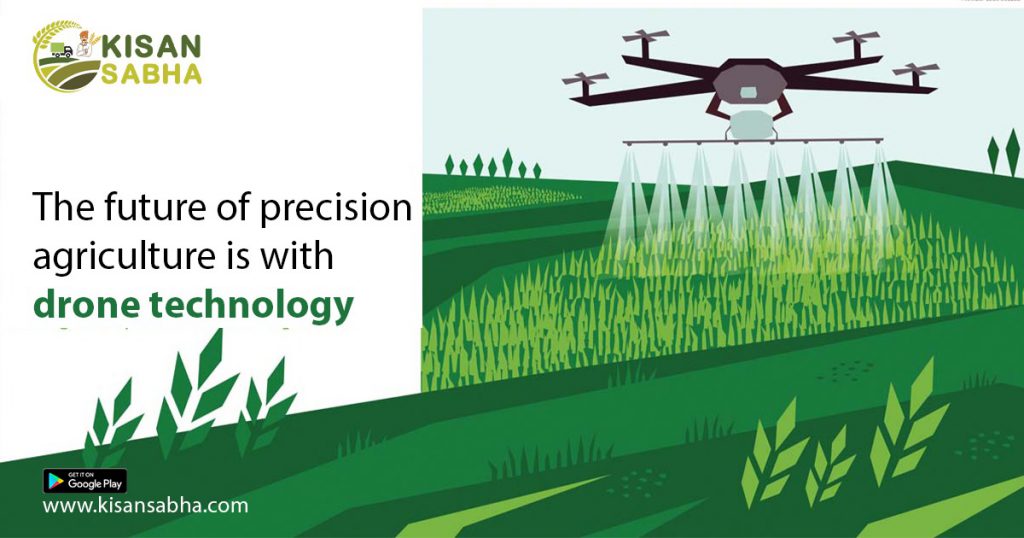
Direct Advantages of Using Drones
Greater Production – The farmer may raise production potential through thorough irrigation planning, sufficient crop health monitoring, increased understanding of soil health, and environmental change adaption.
Effective and Adaptive Techniques – The use of drones enables farmers to regularly obtain information on their crops and supports the development of more efficient agricultural techniques.
Increased Agricultural Safety- It is safer and more convenient for farmers to use drones to spray pesticides in hard-to-reach terrain, polluted places, taller crops, and power lines.
Faster data for rapid decision-making – Farmers can interpret data from drone surveys with confidence, enabling them to make snap decisions without second-guessing and saving time on crop scouting.
Less resource wastage – Drones in agriculture allow for the best possible use of all resources, including seeds, water, fertilizer, and pesticides.
99% Accuracy rate – The drone survey aids farmers in mapping the soil, calculating the precise size of the field, and dividing up the various crops.
Insurance claims-friendly – Farmers use the information gathered by drones to submit claims for crop insurance in the case of damage. They examine the risks and losses associated with the land while being insured.
Proof for insurance providers – Agricultural insurance businesses employ drones to collect data that is accurate and efficient. To determine the right monetary compensation for the farmers, they keep track of the harm that has been done.
Conclusion
Numerous large-scale agribusiness firms are starting to rely heavily on drones. Their firm would cease to exist without drones, and they wouldn’t see the same return on investment that they do when they use drones. Drones can maximize agricultural output while utilizing significantly fewer people, resources, and investments by making optimal use of the agricultural resources already in use.
Basically drones are the future.
Visit www.kisansabha.in for more details.


